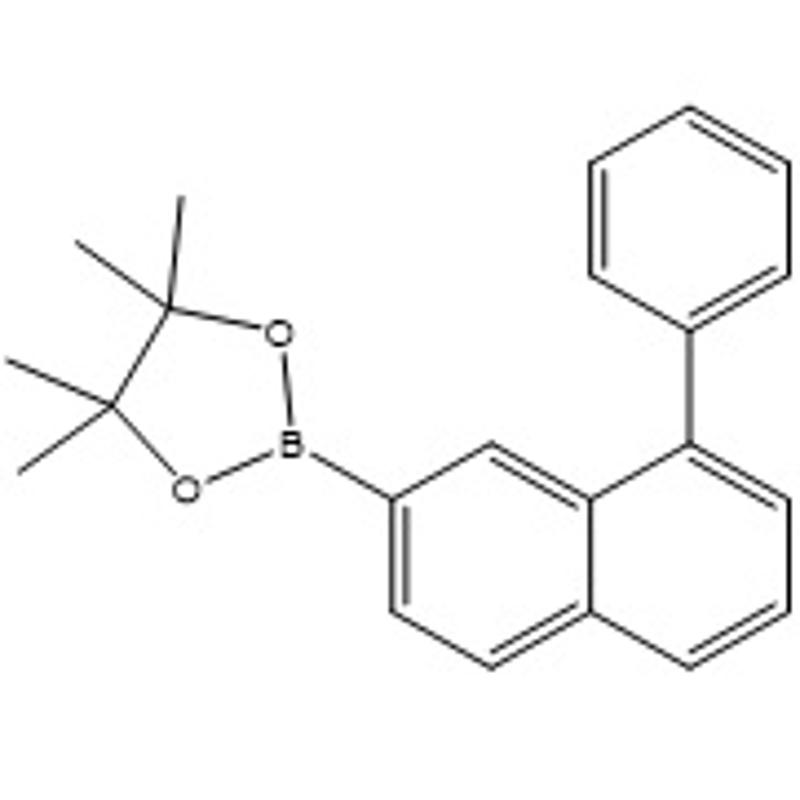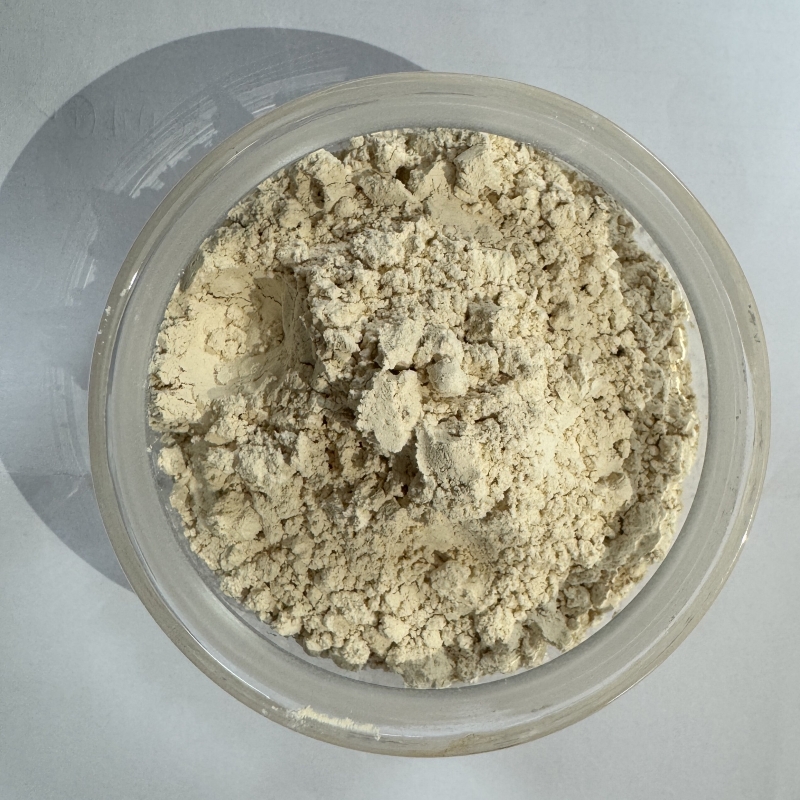-
Categories
-
Pharmaceutical Intermediates
-
Active Pharmaceutical Ingredients
-
Food Additives
- Industrial Coatings
- Agrochemicals
- Dyes and Pigments
- Surfactant
- Flavors and Fragrances
- Chemical Reagents
- Catalyst and Auxiliary
- Natural Products
- Inorganic Chemistry
-
Organic Chemistry
-
Biochemical Engineering
- Analytical Chemistry
-
Cosmetic Ingredient
- Water Treatment Chemical
-
Pharmaceutical Intermediates
Promotion
ECHEMI Mall
Wholesale
Weekly Price
Exhibition
News
-
Trade Service
3,6-Pyridazinedicarboxylic acid (PDCA) is an organic compound with the chemical formula C6H6N2O2.
It is a colorless liquid with a distinct odor, and it is soluble in water and most organic solvents.
PDCA has a wide range of applications in the chemical industry, including in the production of pharmaceuticals, dyes, and plastics.
One of the most significant applications of PDCA is in the production of pharmaceuticals.
PDCA is used as an intermediate in the production of some antibiotics, such as erythromycin and clarithromycin.
These antibiotics are used to treat a variety of bacterial infections, and they are commonly prescribed for respiratory tract infections, skin infections, and sexually transmitted diseases.
PDCA is also used in the production of other pharmaceuticals, such as anti-epileptic drugs and painkillers.
Another application of PDCA is in the production of dyes.
PDCA is a precursor in the production of diazo dyes, which are used in the textile industry to produce a range of colors.
Diazo dyes are known for their excellent fastness properties, such as resistance to light, water, and rubbing.
They are also widely used in the printing industry for the production of high-quality colored prints.
PDCA is also used in the production of plastics.
It is used as a building block for the production of polyamides, which are used in the production of engineering plastics and fibers.
Polyamides are known for their excellent mechanical properties, such as high strength, stiffness, and toughness.
They are also resistant to heat, chemicals, and abrasion, which makes them ideal for use in a variety of applications, including automotive, aerospace, and electronics.
In addition to its applications in the pharmaceutical, dye, and plastic industries, PDCA is also used in the production of other chemicals.
It is used as a precursor in the production of other organic compounds, such as amino acids and vitamins.
PDCA is also used in the production of cosmetics and personal care products, such as shampoos and soaps.
In conclusion, 3,6-Pyridazinedicarboxylic acid (PDCA) is an organic compound with a wide range of applications in the chemical industry.
It is used in the production of pharmaceuticals, dyes, plastics, and other chemicals.
PDCA is an essential intermediate in the production of some antibiotics and other pharmaceuticals, and it is also used in the production of diazo dyes and engineering plastics.
PDCA is a colorless liquid with a distinct odor, and it is soluble in water and most organic solvents.
Its versatility and utility make it an important compound in the chemical industry.







